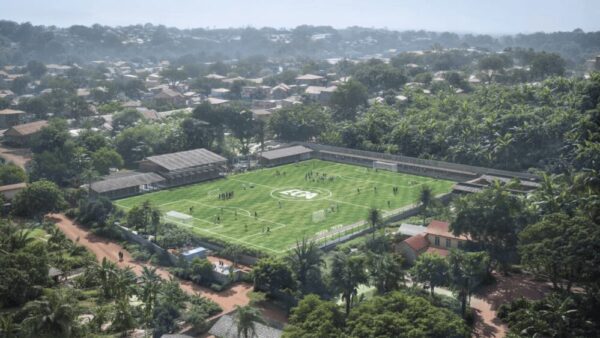The reputation of the Olympic movement received another blow after its governing body, the International Olympic Committee (IOC), suspended the entire Brazilian branch following the arrest of its president in a police investigation into vote-buying for the Rio 2016 Games.
On 6 October the IOC froze all payments to the Brazilian committee and suspended supremo Carlos Arthur Nuzman (pictured) as an honorary IOC member. The IOC also ejected Nuzman from the Tokyo 2020 Games coordinating commission.
Brazilian police arrested Nuzman, president of the Brazilian Olympic Committee, the day before on 5 October as part of a cash-for-votes probe linked to the bid for the 2016 Rio Games, the BBC reports.
On the same day police also arrested Leonardo Gryner, the Brazilian committee’s director general.
Prosecutors believe Nuzman facilitated an alleged $2m payment to Papa Massata Diack, son of Lamine Diack, a Senegalese former athlete and powerful IOC member.
Investigators are probing the allegation that the cash bought the vote of Lamine, who was also president of the International Association of Athletic Federations until 2015. All parties have denied the allegations.
Known as Operation Unfair Play, the inquiry is being conducted with police in France and the US.
Nuzman’s arrest follows a raid in September by police who searched his home and seized his passport.
In charge of Brazil’s Olympic committee since 1995, Nuzman, 72, led Rio’s successful 2009 bid to host the 2016 games.
A statement from his lawyer released last month read: “The entire journey of the Rio Olympics, from the bid to the closing ceremony, was conducted within the law.”
Upon Nuzman’s suspension the IOC reassured Brazil’s athletes, saying they would still be allowed to compete in the upcoming Winter Games in South Korea in February, and they would still get their Olympic scholarships.
The Olympic host-city bidding process has come under renewed scrutiny after French prosecutors last year widened an investigation into corruption in athletics to include the bidding and voting processes for the 2016 and 2020 Olympics.
Corruption allegations continue to emerge even after the IOC tightened bidding rules after the discovery of bribery in Salt Lake City’s bid for the 2002 Winter Olympics. Ten IOC members were expelled or resigned as a result of that scandal.
Despite the IOC’s recent efforts to improve the Olympics’ image, fewer cities are bidding to host them amid a growing perception that the preparations for them are wasteful, socially divisive, and a breeding ground for corruption.
In June this year, former Rio State Governor Sergio Cabral was jailed for 14 years after participating in the embezzlement of millions of dollars from construction contracts.
Cabral is also a defendant in nine other cases being tried in Rio, including for allegedly diverting funds from work on Rio’s Maracana stadium, where the 2016 Olympic opening and closing ceremonies were held.
Photograph: President of the Rio 2016 Committee Carlos Arthur Nuzman, on an Olympic site visit in Orla Conde, Rio de Janeiro (Fernando Frazão/Agência Brasil/Wikimedia Commons)






